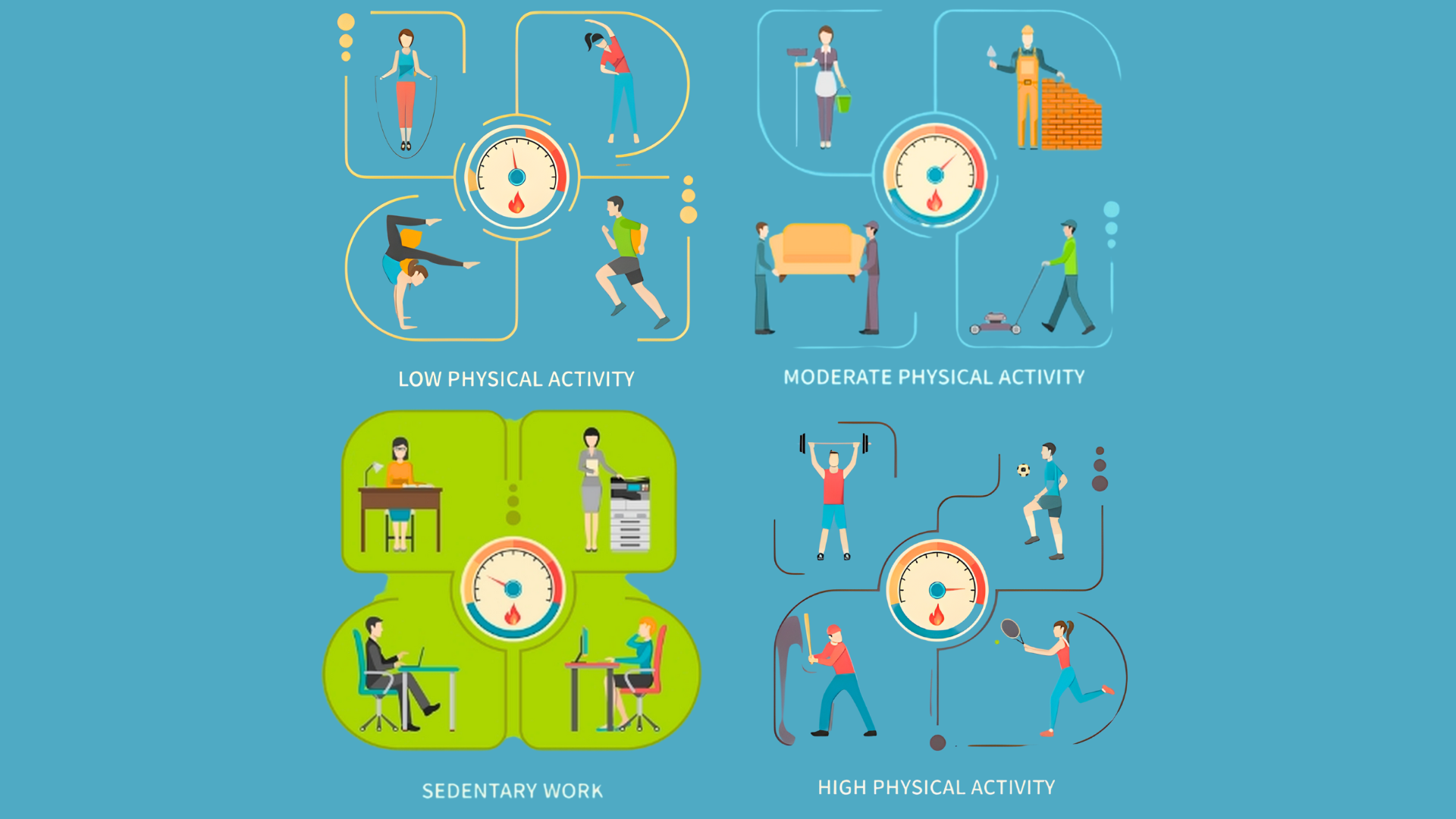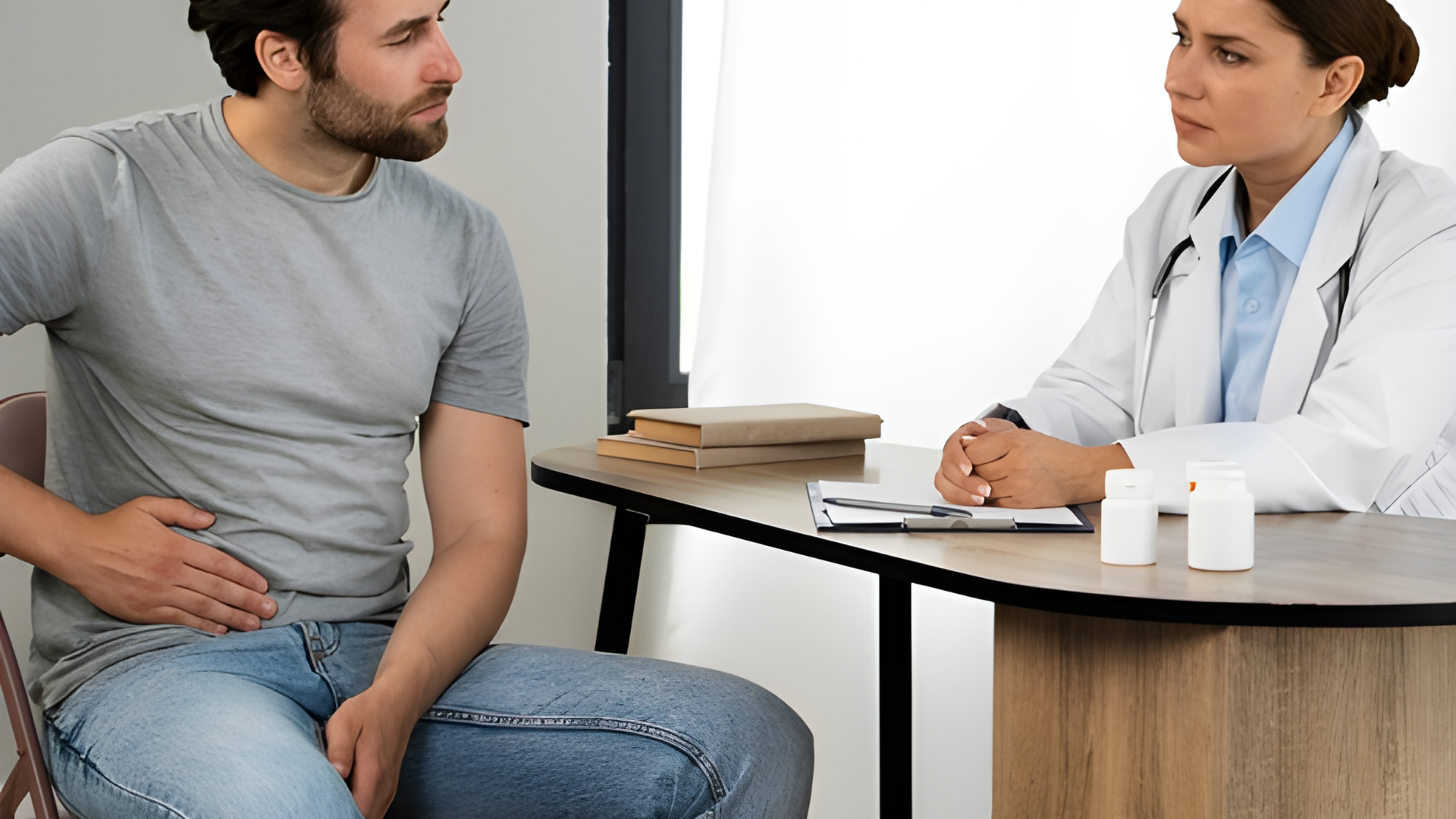Appendix pain can cause discomfort and uncertainty. You always heard that conventional medicine often recommends surgical removal of the appendix.
But do you know that there is something that offers a more holistic approach to addressing the underlying causes of your pain? That is functional medicine.
In this article, we’ll research the world of functional medicine and explore some natural remedies that can help soothe your appendix pain and promote overall well-being.
Identifying Appendix Pain
While it’s imperative to seek medical attention if you suspect you’re experiencing appendix pain, it’s crucial to understand the symptoms of this problem to receive an accurate diagnosis and effective treatment.
Common Symptoms
Any sudden, severe pain in your lower abdomen, typically starting near your belly button and migrating to the lower right side, could be a sign of appendix pain. You may also experience nausea, vomiting, fever, loss of appetite, and abdominal tenderness or swelling.
Distinguishing from Other Conditions
Conditions such as diverticulitis, inflammatory bowel disease, and ectopic pregnancy can present similar symptoms, making it vital to rule out these possibilities through medical evaluation and diagnostic tests.
Plus, your healthcare provider may perform a physical test, take a complete medical history & order imaging tests like a CT scan or ultrasound to determine the cause of your symptoms. By doing so, you can ensure that you receive the right treatment, whether it’s related to your appendix or not.
The Role of Functional Medicine
Functional medicine offers what many consider a natural cure for appendix discomfort by focusing on the body’s innate healing mechanisms rather than just symptom suppression.
Holistic Approach to Health
Approaching health from a holistic perspective, functional medicine considers the interconnectedness of your body’s systems and how they impact your overall well-being. This means that instead of just treating the symptoms of appendix pain, functional medicine practitioners will work with you to understand how your diet, lifestyle, and environment may be contributing to your condition.
Addressing Underlying Causes
Health begins at the cellular level, and functional medicine recognizes that even minor imbalances can have a significant impact on your overall health. By addressing causes such as nutritional deficiencies,
hormonal imbalances, and environmental toxins, you can begin to heal and alleviate appendix pain.
An important aspect of functional medicine is its focus on individualized treatment plans. Rather than relying on an old approach, functional medicine practitioners work to identify the specific factors contributing to your appendix pain and develop a personalized plan to address them. This may involve dietary changes, supplements, stress management techniques, and other natural remedies that work in harmony with your body to promote healing and alleviate pain.
Dietary Changes for Relief
Some of the most effective ways to alleviate appendix pain involve making conscious dietary changes. By adding these nutrients to your diet, you can reduce inflammation, promote healing, and support your overall digestive health. Here are
some tips to promote your gut health.Anti-Inflammatory Foods
Any food that is rich in antioxidants & omega-3 fatty acids can help reduce inflammation and alleviate appendix pain. Include foods like fatty fish, turmeric, ginger, and leafy greens in your diet to reduce inflammation and promote healing.
Gut-Friendly Nutrition
With a focus on nourishing your gut microbiome, you can strengthen your digestive system and reduce appendix pain. Incorporate foods high in fiber, probiotics, and prebiotics into your diet to support the growth of healthy bacteria.
Dietary changes that promote gut health can have a profound impact on alleviating appendix pain. By supporting the growth of healthy bacteria, you can reduce inflammation, improve digestion, and promote healing. Consider incorporating fermented foods like kimchi, sauerkraut, and kefir into your diet, as well as foods high in fiber.
Avoiding Trigger Foods
On top of incorporating beneficial foods into your diet, it’s equally important to avoid foods that can exacerbate appendix pain. Common trigger foods include dairy, gluten, and processed meats, which can cause inflammation and irritation in the digestive system.
Plus, avoiding trigger foods can help reduce inflammation and alleviate appendix pain. By eliminating or reducing these foods, you can create a more balanced environment for your digestive system to heal. Consider keeping a food diary to note which foods may be triggering your symptoms and adjust your diet accordingly.
Herbal Remedies for Appendix Pain
For centuries, herbs have been used to treat various health issues, including appendix pain. These natural remedies can provide relief from discomfort and inflammation, promoting overall well-being.
Turmeric and Curcumin
Any discussion of herbal remedies for appendix pain would be complete with mentioning turmeric and its active compound, curcumin. This can reduce pain and inflammation, making it an excellent natural remedy for appendix pain.
Ginger and Its Properties
An ancient root with incredible healing properties, ginger alleviates digestive issues, including those related to appendix pain. Its natural anti-inflammatory compounds can help reduce inflammation and discomfort. Ginger has been shown to have a profound impact on digestive health, reducing inflammation and promoting healing in the gut.
Peppermint Oil and Digestion
Peppermint oil is an excellent remedy for digestive issues, and it can help alleviate appendix pain by reducing inflammation & promoting relaxation in the digestive tract.
Pain and discomfort associated with appendix pain can be significantly reduced with the use of peppermint oil. By adding it to your daily routine, you can experience relief from digestive issues and promote overall well-being.
Lifestyle Modifications for Pain Management

All aspects of your lifestyle play a significant role in managing appendix pain. Here are some techniques that you should consider:
Stress Reduction Techniques
The key to stress reduction lies in finding what works best for you. Whether it’s yoga, meditation, or deep breathing exercises, make time for activities that calm your mind and soothe your body. Regular stress reduction practices can help alleviate appendix pain by reducing inflammation and promoting relaxation.
Exercise and Physical Activity
Techniques such as gentle stretching, yoga, and short walks can help stimulate digestion, reduce inflammation, and promote healing. Regular exercise can help to boost mood & reduce stress levels, both of which are vital for managing appendix pain.
It’s vital to listen to your body and avoid any exercises that exacerbate your symptoms. Start with short, gentle sessions; after that, increase the duration as your body allows.
Sleep Hygiene and Relaxation
Activity levels and sleep patterns are closely linked. Aim for 7-8 hours of sleep each night to help your body repair and rejuvenate. Establish a bedtime routine and avoid caffeine & electronics before bedtime. Also, a sleep-conducive environment should be created to promote better sleep.
Remaining relaxed is essential for treating appendix pain. Making sleep and relaxation a priority can help you feel better overall, reduce inflammation, and accelerate healing. Schedule time for enjoyable and relaxing activities like reading a book, listening to music, or taking a warm bath.
Supplements for Supporting Gut Health
Keep in mind that supplements can play a crucial role in alleviating appendix pain by supporting gut health. As you consider these options, remember to consult with a healthcare professional to find the best course of treatment for your individual needs.
Probiotics and Gut Bacteria
To promote healthy gut bacteria, consider incorporating probiotics into your supplement routine.
Probiotics can help create the natural balance of your gut microbiome, reducing inflammation and promoting digestive health. For this, you can try considering Proflora 4R Spore Based Probiotic, an herbal formula for better gut health.
Omega-3 Fatty Acids and Inflammation
Any supplement regimen aimed at alleviating appendix pain should include omega-3 fatty acids, which have potent anti-inflammatory properties. These imperative fatty acids can help reduce inflammation in the gut, thereby alleviating appendix pain and discomfort.
Vitamin D and Immune Function
Probiotics aren’t the only supplement that can support gut health; vitamin D also plays a crucial role in immune function and inflammation regulation. Vitamin D deficiency can increase inflammation and impair immune function, making it an imperative supplement for alleviating appendix pain.
Immune system dysregulation is often a contributing factor to appendix pain, and vitamin D supplementation can help modulate the immune response. By ensuring adequate vitamin D levels, you can help regulate your immune system & reduce inflammation, ultimately alleviating appendix pain and promoting overall gut health.
Final Words
On the whole, you now possess a wealth of knowledge about natural remedies for alleviating appendix pain through functional medicine. By incorporating these remedies, you can take control of your health & reduce your reliance on pharmaceuticals. Keep in mind that your body has the innate ability to heal itself, and with the right tools and mindset, you can overcome appendix pain and achieve optimal wellness. Start your journey towards a good and healthy life today with our
functional medicine center in Atlanta.
If you’re looking for ways to support your body’s detox process while dealing with appendix pain, you may want to explore our
7-Day Liver Cleanse Diet to help improve overall digestive health.
FAQs
How to cure appendix pain naturally?
Appendix pain typically requires medical treatment. Natural remedies cannot cure appendicitis, as the condition can worsen quickly and lead to serious complications. If you’re experiencing appendix pain, it’s important to seek medical attention immediately. Avoid home remedies, as they may delay proper treatment.
What does appendix pain feel like?
Appendix pain usually starts near the belly button and moves to the lower right side of the abdomen. The pain may feel sharp, cramp-like, or constant and can worsen with movement, coughing, or deep breathing. It often becomes more intense over time.
How to cure appendicitis without surgery?
Appendicitis typically requires surgery (appendectomy) to remove the appendix. There is no safe, proven method to treat appendicitis without surgery. Some mild cases may be managed with antibiotics, but surgery is generally the recommended treatment. Delaying surgery can lead to severe complications like ruptures or infections.
How to treat appendix pain at home?
If you’re experiencing appendix pain, do not attempt to treat it at home. The pain could indicate appendicitis, which requires medical attention. Contact a healthcare provider immediately. Until you get medical help, avoid eating or drinking, as this can interfere with surgery if needed.
What are the stages of appendicitis?
Appendicitis progresses in several stages:
-
Early Stage: Pain starts around the belly button and may feel like cramps.
-
Inflammation: The pain moves to the lower right side, and other symptoms like fever, nausea, and loss of appetite may develop.
-
Infection: The appendix becomes infected, causing intense pain, increased fever, and possibly vomiting.
-
Rupture: If untreated, the appendix can burst, leading to severe pain, widespread infection (peritonitis), and life-threatening complications.
How to cure appendicitis naturally?
No, appendicitis cannot be cured naturally. It requires prompt medical treatment, usually surgery or antibiotics. Delaying care can lead to serious complications like a ruptured appendix or infection. Always seek immediate medical attention.


